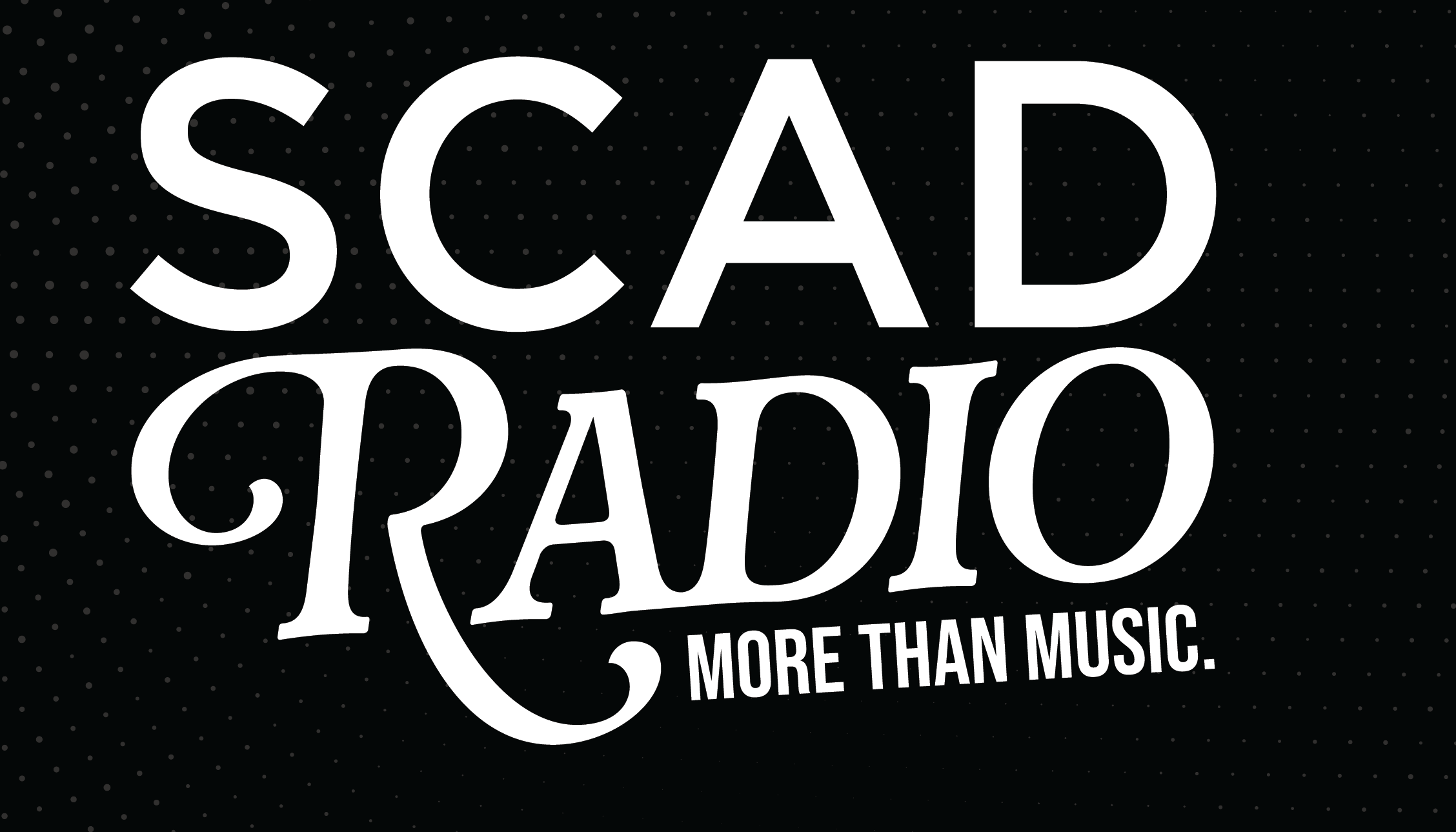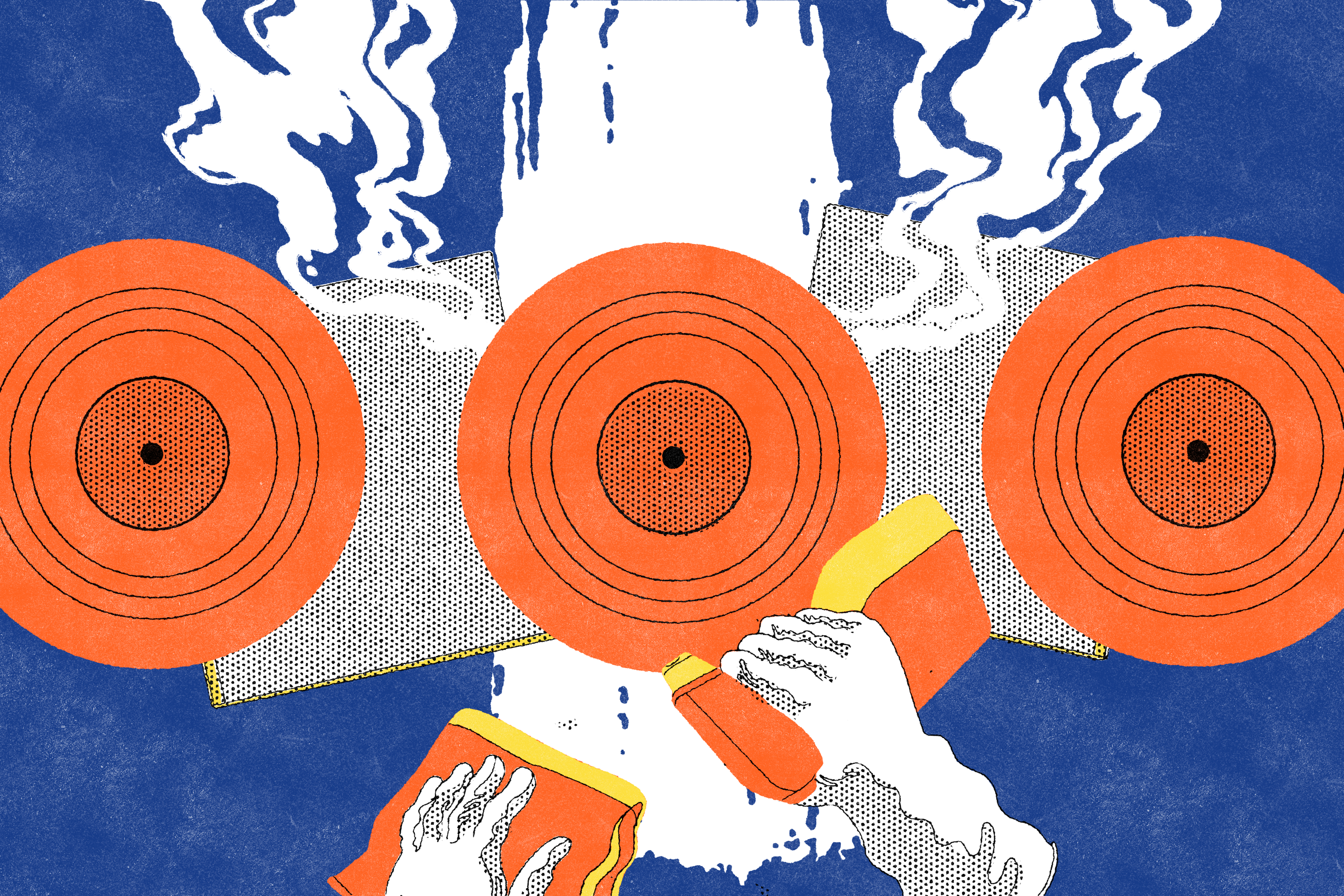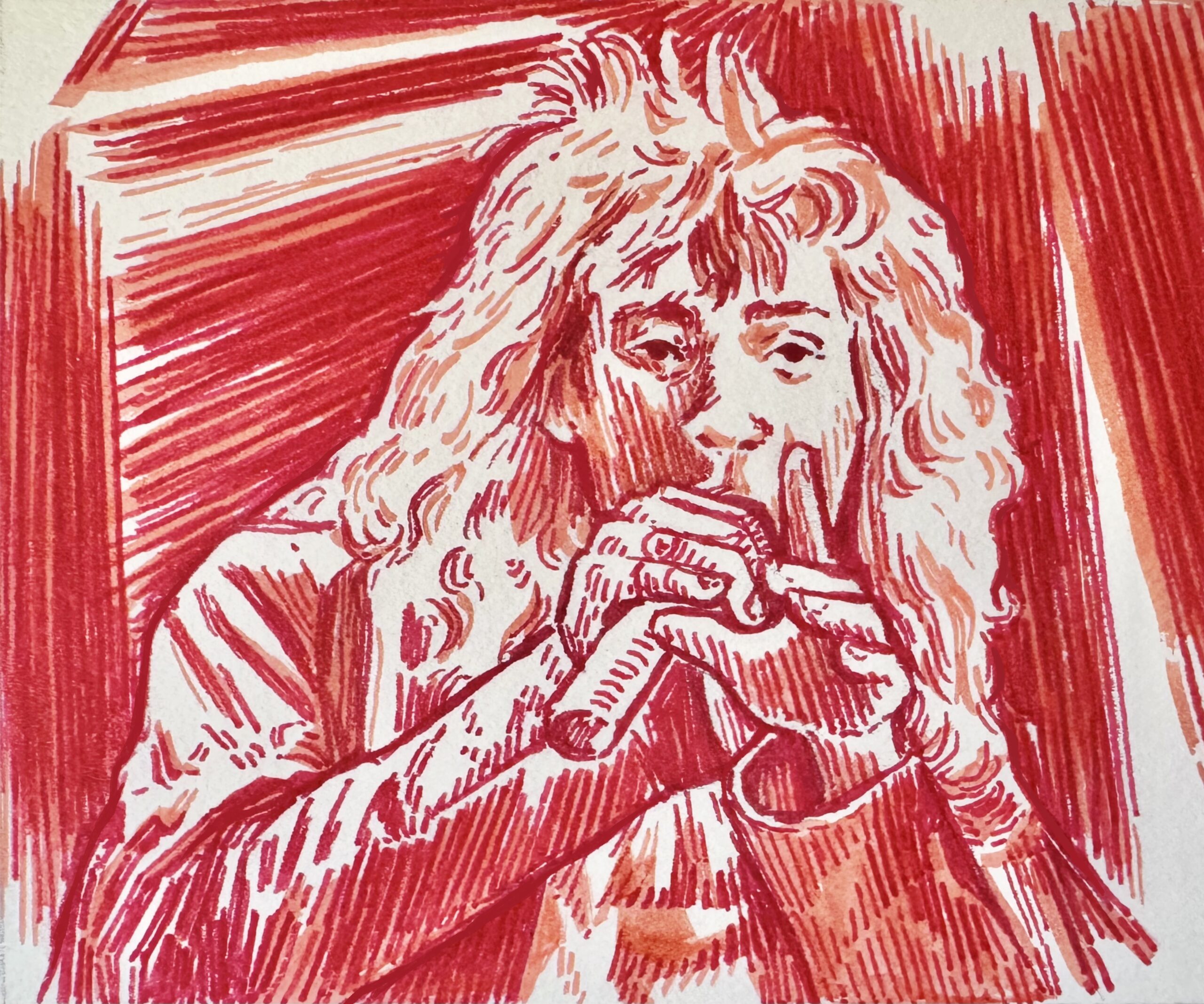Problematic behavior is not only a product of the industry, but it’s the perpetrator. It’s no secret that artists and their record labels are prone to fostering unacceptable people that are a byproduct of their environment. The world of entertainment as a whole is a breeding ground for people with troubling pasts and encourages the worst in those taking a part in it. As the audience, we have to be aware of who we are supporting and the benefits they reap from our engagement with their art.
With social media providing information and recorded evidence from years ago, the world has taken to scouring through the history of the artists. At some point, a line needs to be drawn as to what is morally correct or incorrect to support us as listeners. Some of the most popular artists, if not all, have committed some action or said something to varying degrees of severity. Whether it’s a racist past, sexual assault allegations, or a politically incorrect tweet, it is ultimately up to the individual as to whether or not they continue listening to the artist.
Playing their music will put money in their pocket and raise the platform they stand on. Much like the broad umbrella of capitalism, it is a system that is designed to endlessly filter and grow over itself. There is no real ethical solution to the cycle of this constant, pressing problem. However, it does provide an opportunity for discussion. While problematic artists have plagued the industry since its creation, it has become an increasingly more relevant issue with modern social awareness. It is only appropriate to look at it from a current understanding of accountability in a digital age. Let’s get the big picture out of the way: every situation with every artist is different. It is only fair to make judgments for yourself based on the time, impact, and personal feelings toward an artist. For the sake of an example, here is a realistic hypothetical scenario.
An artist you have listened to since the start of your adolescence gets exposed for posting offensive tweets several years ago. This is likely one of the smallest scale problems, but it’s also one of the most common. You would need to consider how long ago those tweets were made if the artist has matured since then, how their influence at the time carries over to their platform in the present, and whether or not you’re still comfortable listening to them. Then there is an extreme scenario. The artist has committed unspeakable acts either promoting harmful rhetoric or assaulting another person in some capacity.
You have to reflect on how comfortable you are knowing that you could be supporting someone who
has done those things. How often do you listen to this artist? Does their music hold personal significance to you? If others knew you listened to them, how would you feel? It all boils down to you. Making a decision is overwhelming, but it falls into a category of circumstances so that there can be no right or wrong answer. The only person who can tell you what to do is yourself. If it’s an occasional listen, a specific song, or even an album, then there isn’t too much harm to be done when you are only one person. It’s on the greater scale of a fan base if you have been dedicated to this artist when the personal investment can make these situations hard to swallow.
Give yourself the time to think about it. As music listeners, we all know that this art form is a method of seeing yourself reflected in the lyrics or the sound. The industry can be cold, but the audience is comprised of real people who will be affected by the artist’s actions. You deserve the opportunity to process the events as they unfold and decide for yourself what is worth it to you.





